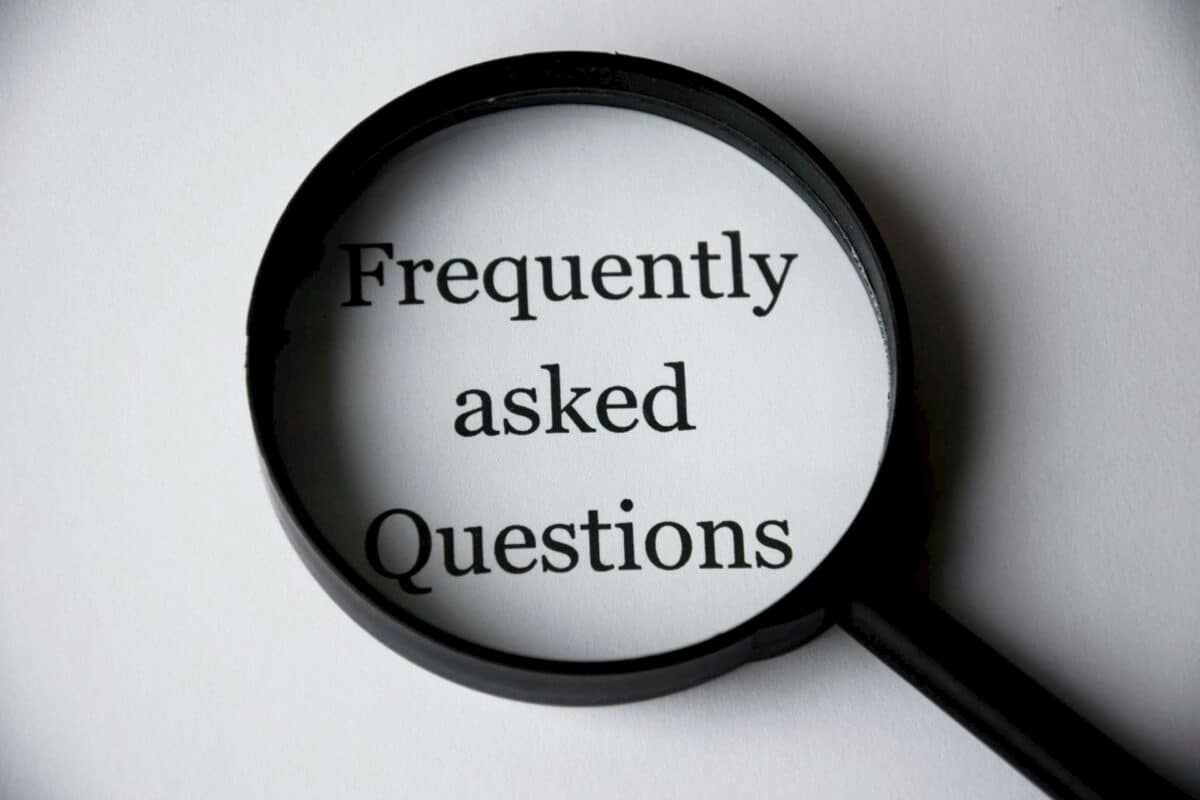
10 Frequently Asked Questions About Hearing Aids
Hearing aids enhance hearing and can boost quality of life. Whether you’re considering getting a hearing aid for yourself or a loved one, or you’re simply curious about these devices, it’s natural to have questions. Here are some of the most frequently asked questions and answers about hearing aids that can help guide your decisions.
1. What Are the Signs That I Might Need a Hearing Aid?
Recognizing the need for a hearing aid can be tricky, as hearing loss often occurs gradually. Here are a few indicators:
- Struggling to hear during conversations, especially against background noise or in groups.
- Frequently asking others to repeat themselves.
- Turning up the volume excessively on the TV or radio.
- Difficulty hearing on the telephone.
- Misunderstanding what people say.
- Feeling more tired than usual due to concentrating hard to hear sounds.
If these scenarios seem familiar, it may be time to schedule an appointment for a hearing test.
2. How Do Hearing Aids Work?
Hearing aids are small electronic devices that you wear in or behind your ear. They make some sounds louder by magnifying sound vibrations entering the ear. Here’s a basic rundown of how they function:
- Microphone: Picks up sounds from your environment.
- Amplifier: Increases the loudness of the sounds.
- Speaker: Delivers the amplified sounds into your ear.
Not only do hearing aids amplify sound, but they also process sounds to match your level of hearing loss and your hearing needs. This can enhance listening and comprehension, particularly in noisy environments.
3. Are There Different Types of Hearing Aids?
Yes, hearing aids come in various styles, each with its advantages. The most common types include:
- Behind-the-Ear (BTE): Hooks over the top of your ear and rests behind it.
- In-the-Ear (ITE): Fills the outer part of the ear.
- In-the-Canal (ITC): Smaller than ITEs and fits partly in the ear canal.
- Completely-in-Canal (CIC): Nearly hidden in the ear canal.
Each type is suited to different levels of hearing loss, user preferences, and lifestyle needs.
4. Will a Hearing Aid Restore My Hearing to Normal?
While hearing aids significantly improve your hearing and ability to catch sounds you might otherwise miss, they don’t restore normal hearing. They enhance functionality, making it easier to hear and communicate effectively.
5. How Should I Choose the Right Hearing Aid?
Choosing the right hearing aid depends on several factors and ideally should be guided by a hearing health professional. Consider:
- Degree of hearing loss: More severe hearing loss might require more powerful models.
- Lifestyle needs: Your daily activities could influence the best style for you.
- Aesthetic preference: How visible or invisible you want the device to be.
- Budget: Costs vary widely among different hearing aids.
- Additional features: Options like wireless connectivity, noise reduction, and rechargeability can influence your choice.
6. Can Children Wear Hearing Aids?
Yes, children can and do wear hearing aids. In fact, it’s crucial for children with hearing impairment to wear them. This can help with the normal development of speech and language skills. Pediatric audiologists specialize in fitting hearing aids for children, which are often colorful, durable, and equipped with special features suitable for young wearers.
7. What is the Expected Lifespan of a Hearing Aid?
Typically, hearing aids last between 5 to 7 years. However, longevity can be greatly influenced by the care and maintenance they receive. Regular cleaning and proper storage are key factors that can extend the life of these devices.
8. Do Hearing Aids Require Special Care or Maintenance?
Yes, to ensure your hearing aids function effectively for as long as possible, routine care is essential. Some basic care tips include:
- Daily cleaning with a soft, dry cloth.
- Avoid exposure to moisture and extreme temperatures.
- Changing filters and batteries as needed to ensure optimal performance.
9. How Much Do Hearing Aids Cost?
The cost of hearing aids can vary widely depending on the specific model, features, and vendor. They can range from $1,000 to over $4,000. While this may seem costly, the improvement in quality of life they offer can be invaluable. Many health insurance plans offer some coverage, and financing options are often available.
10. Is It Difficult to Get Used to Wearing Hearing Aids?
Adapting to hearing aids can take some time. Initially, even normal sounds can seem unusually loud. Most users go through a period of adjustment where they gradually get used to interpreting sounds through the device. Regular follow-ups with your hearing health professional can help fine-tune settings and ease this transition.
Visit Us for More
Hearing aids are transformative devices that offer tremendous benefits. If you’re ready to learn more about hearing aids, visit us for a hearing test.
